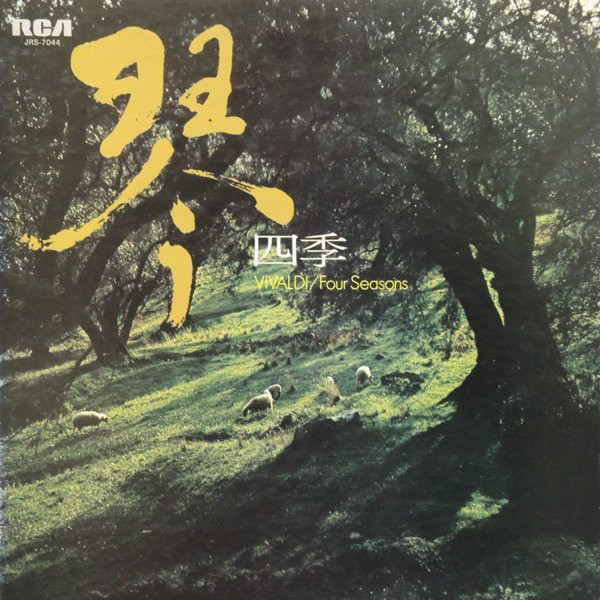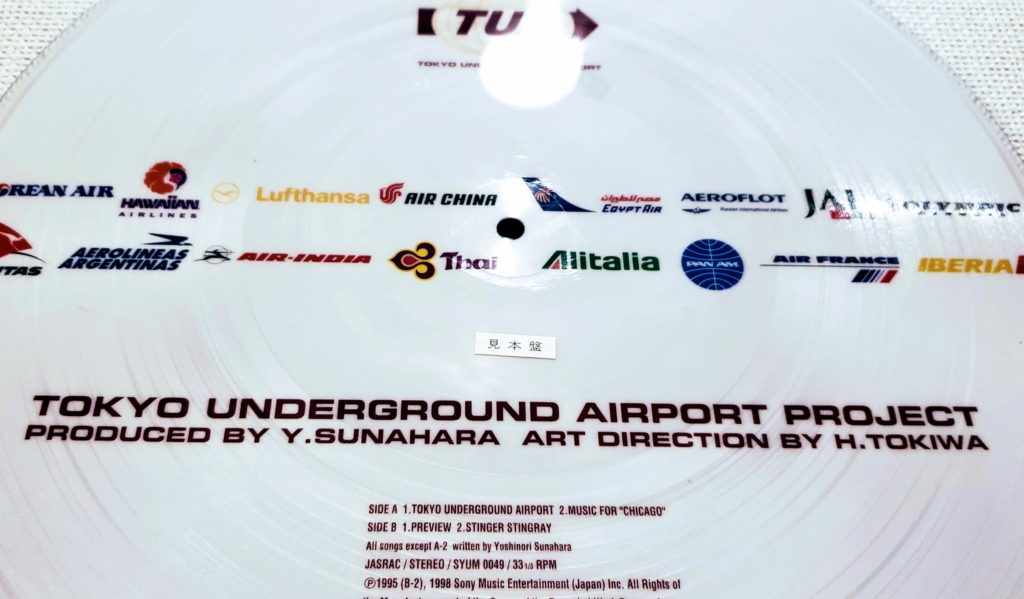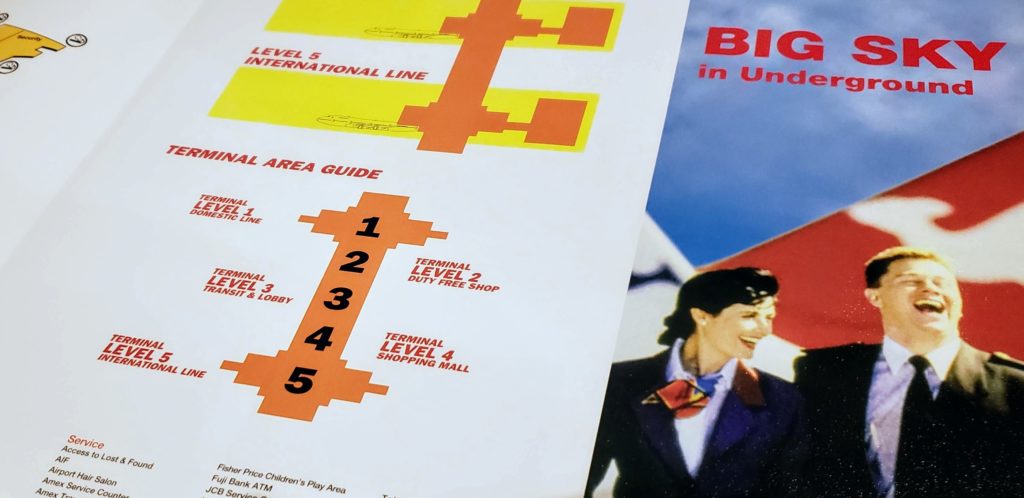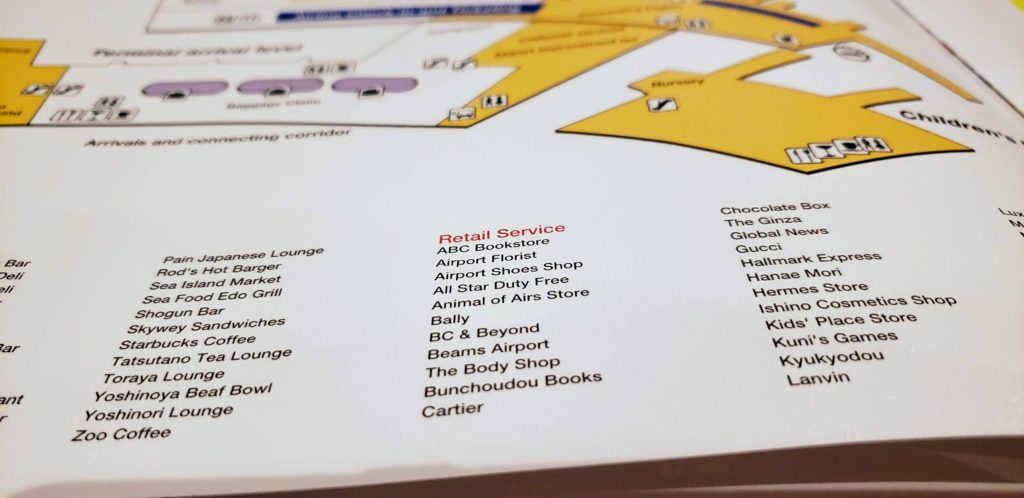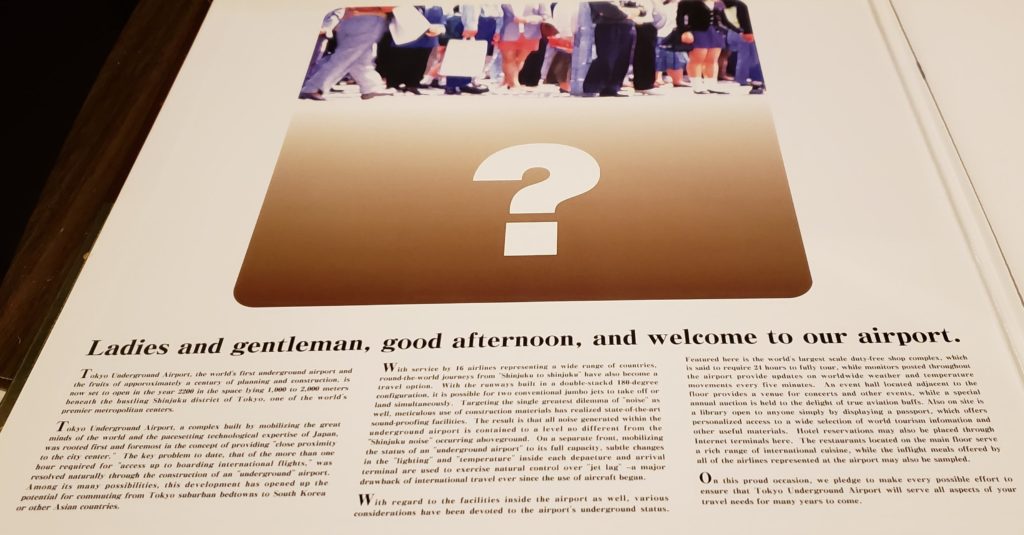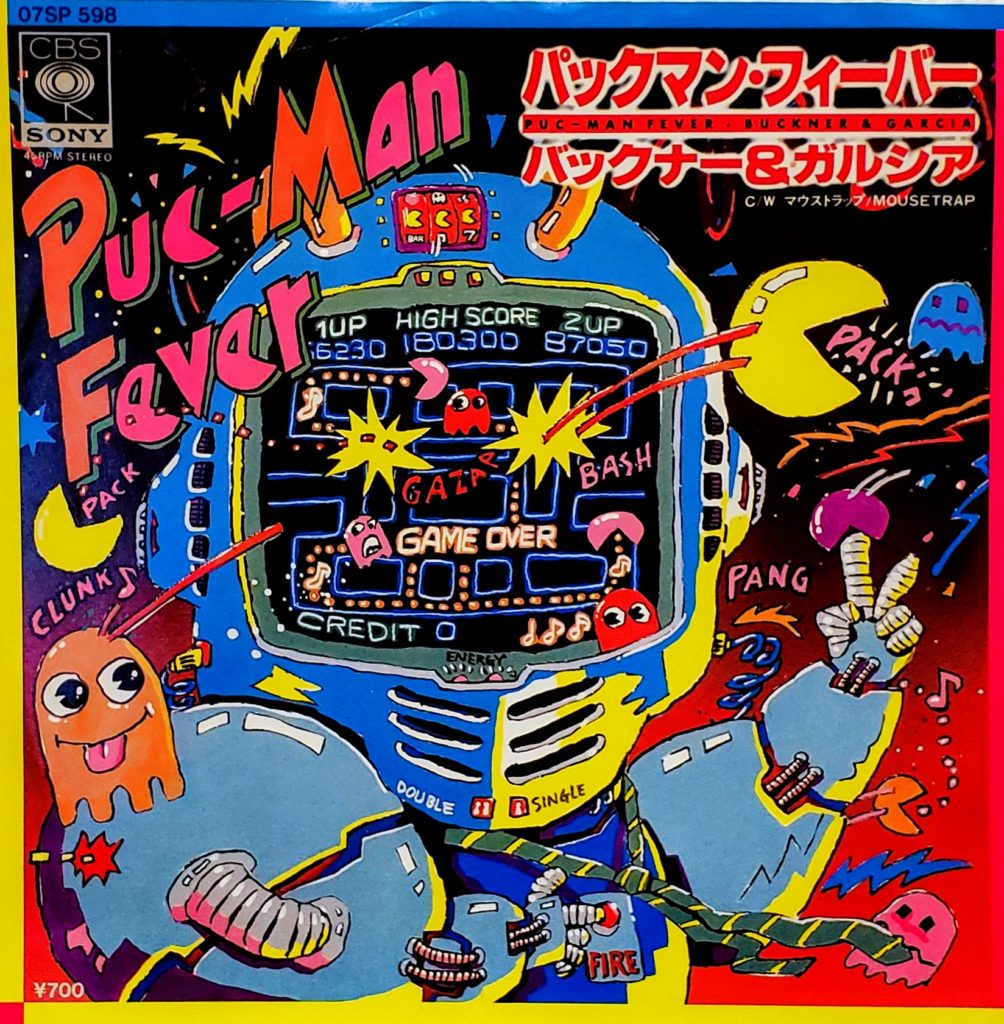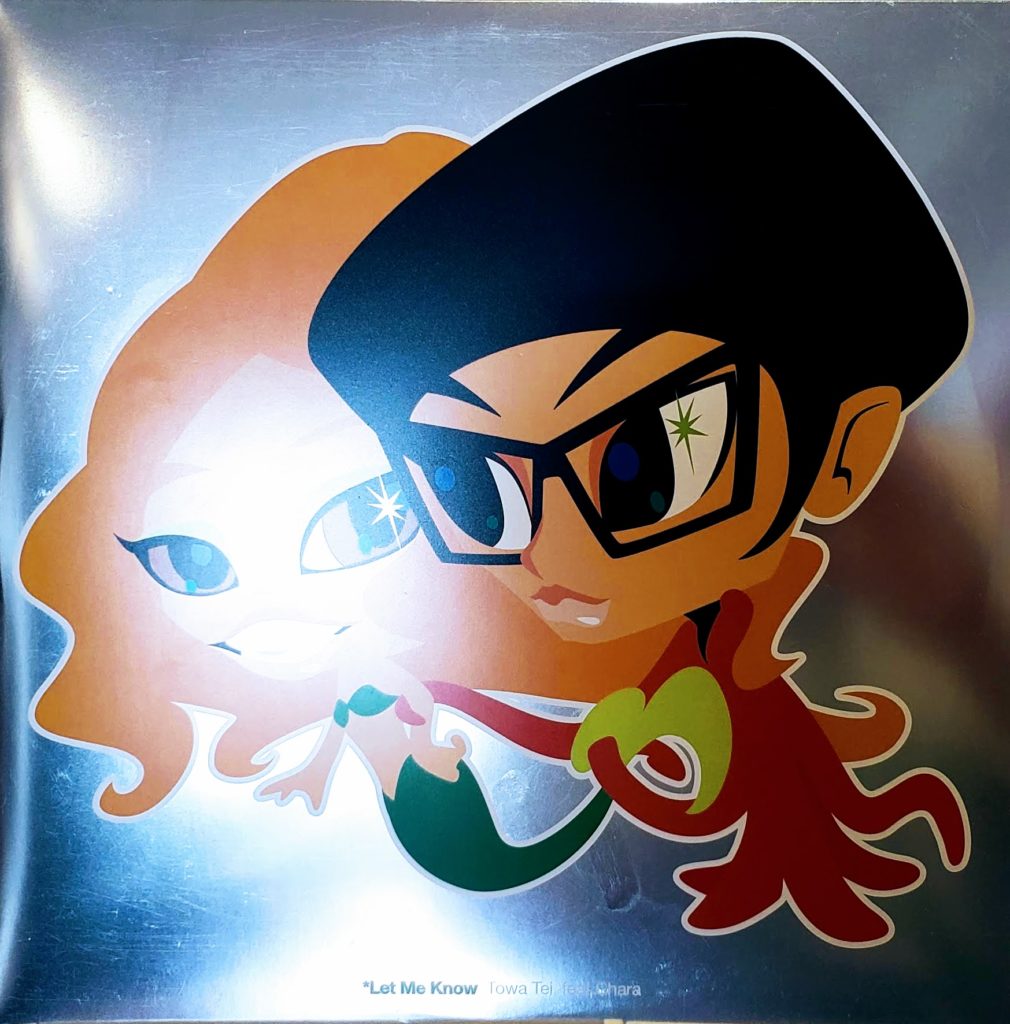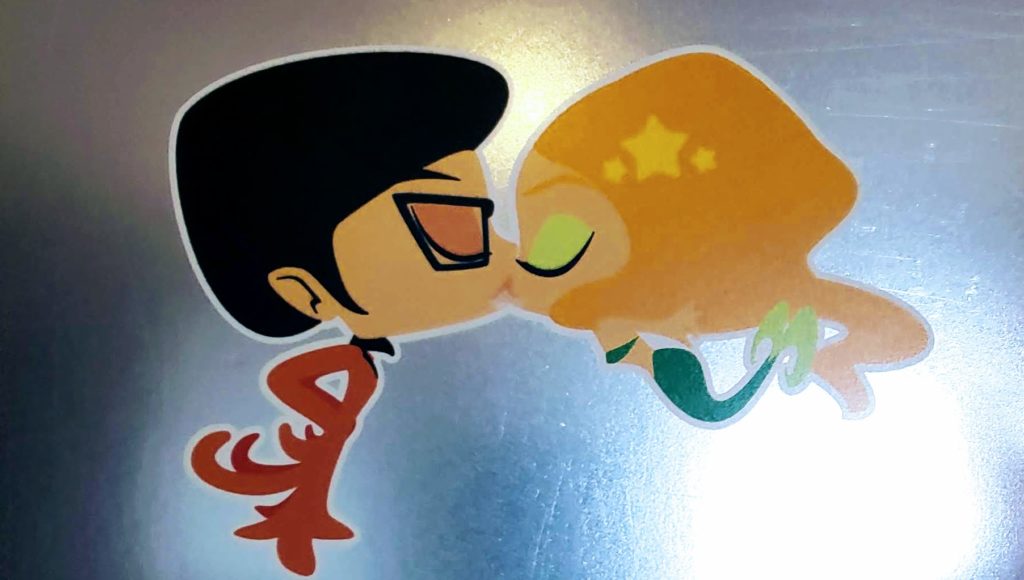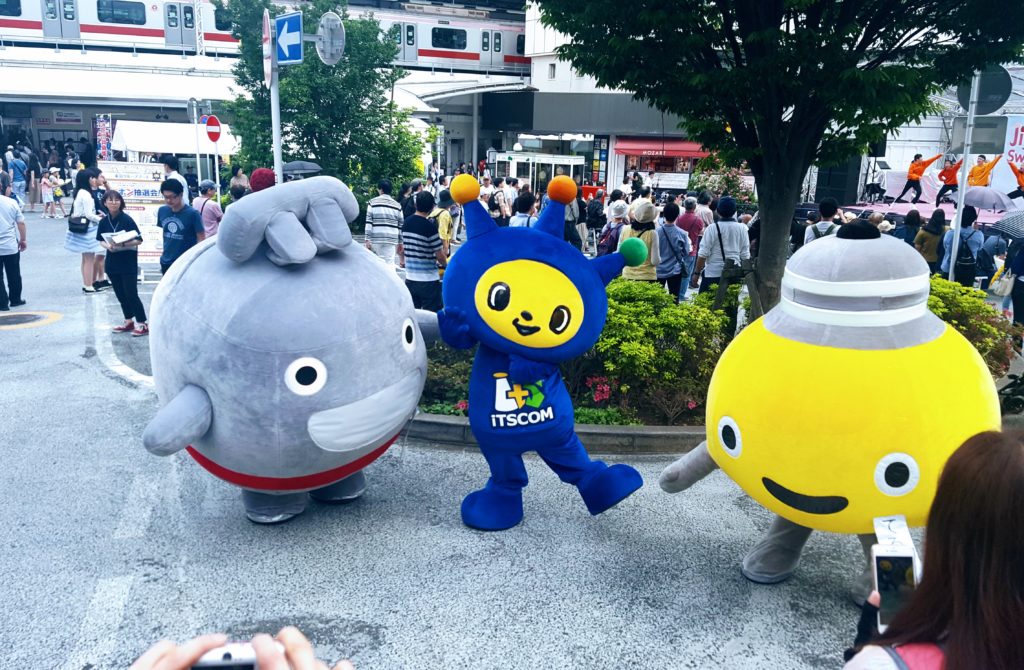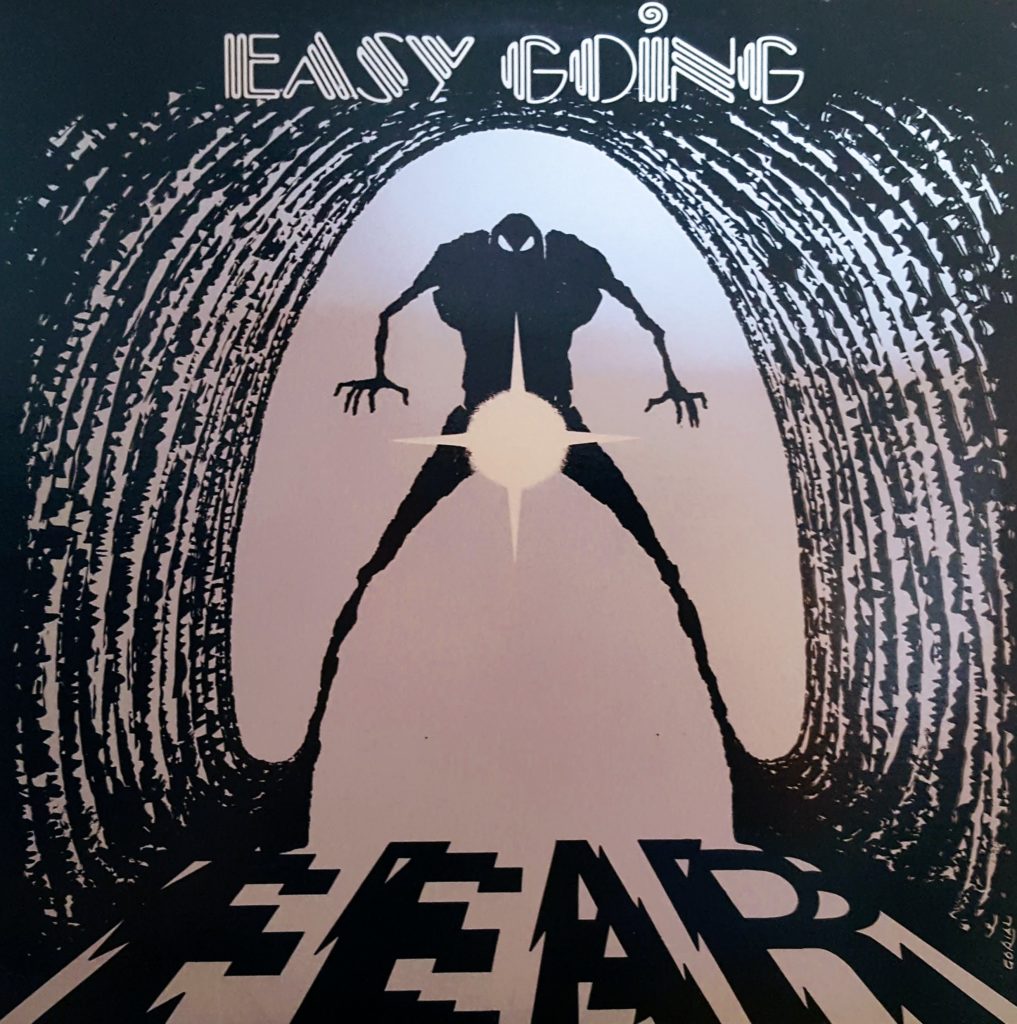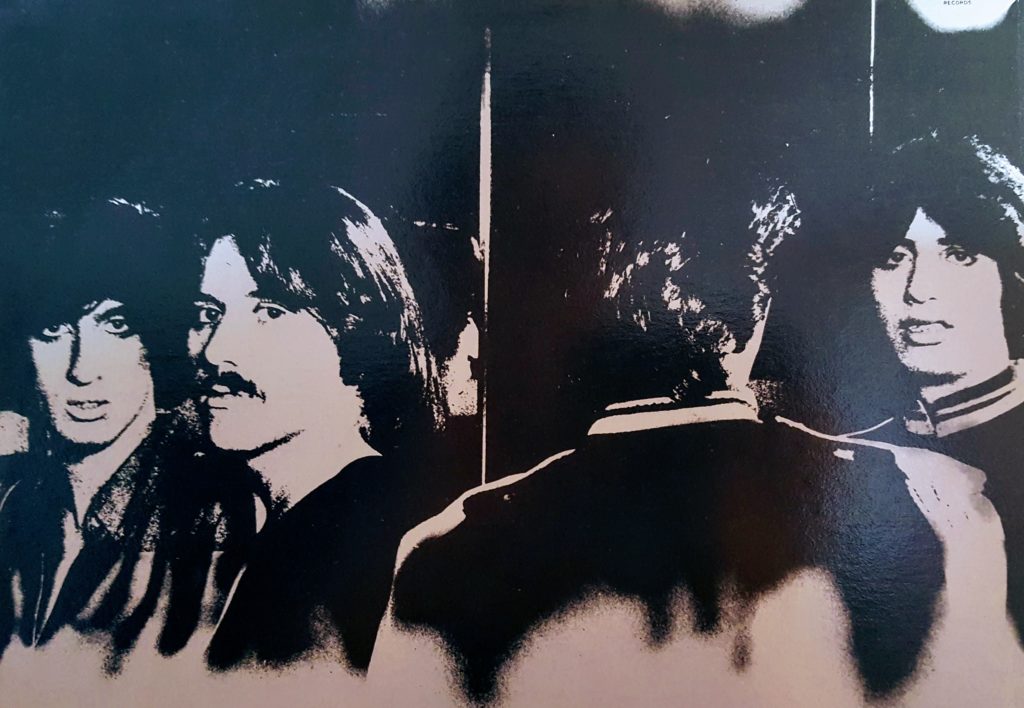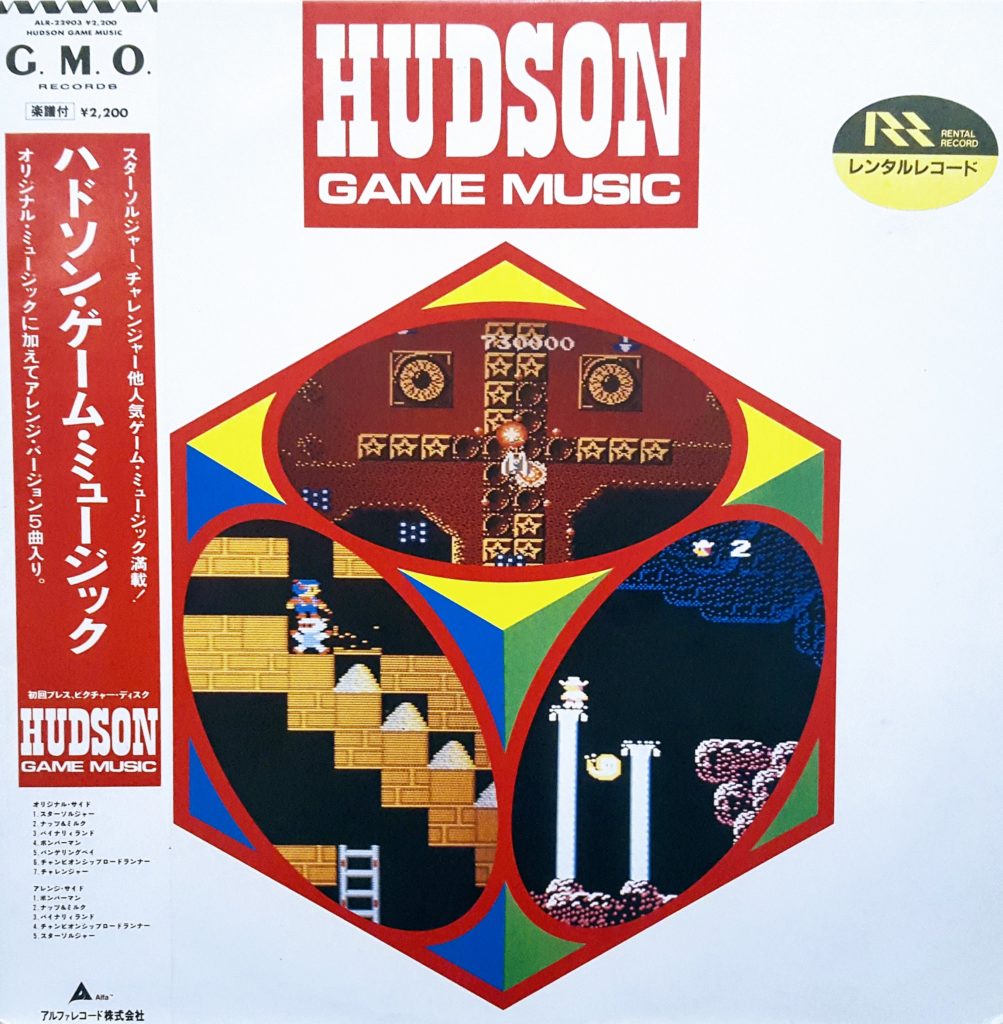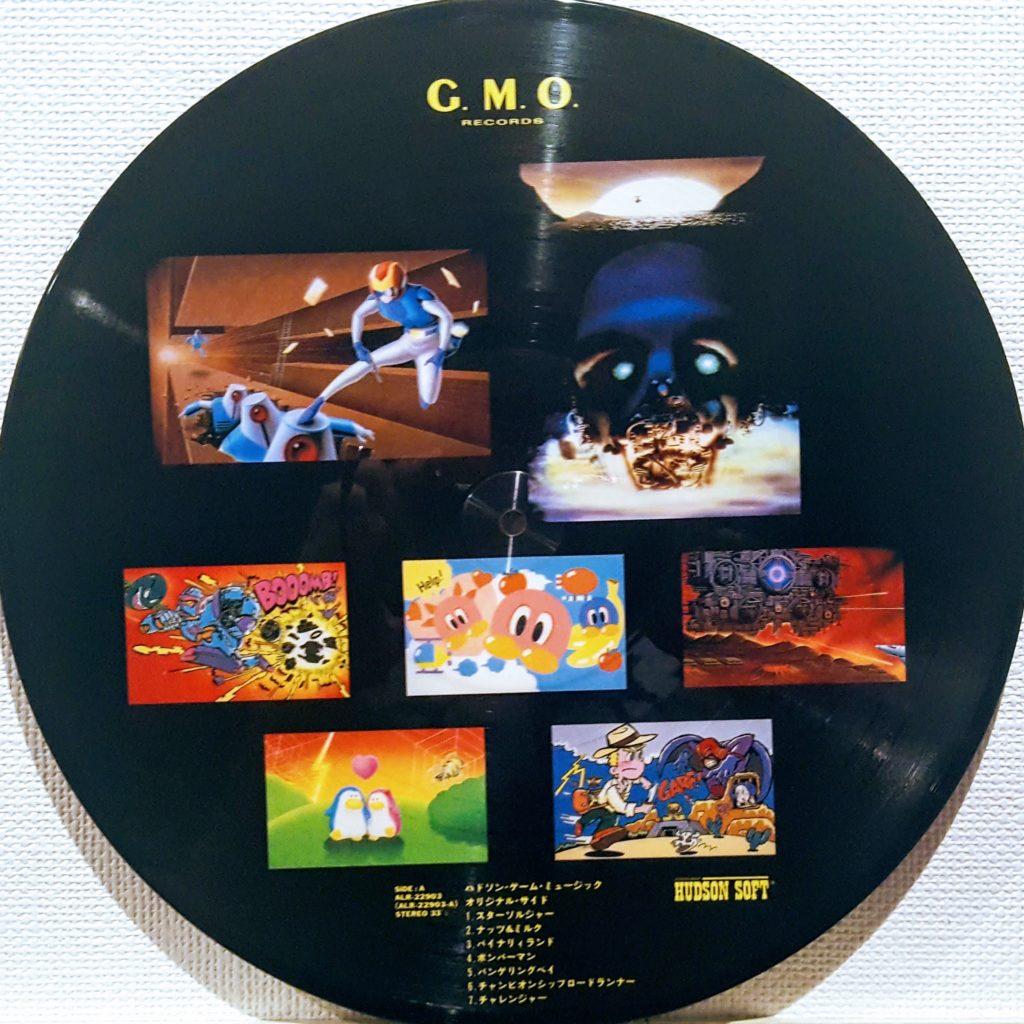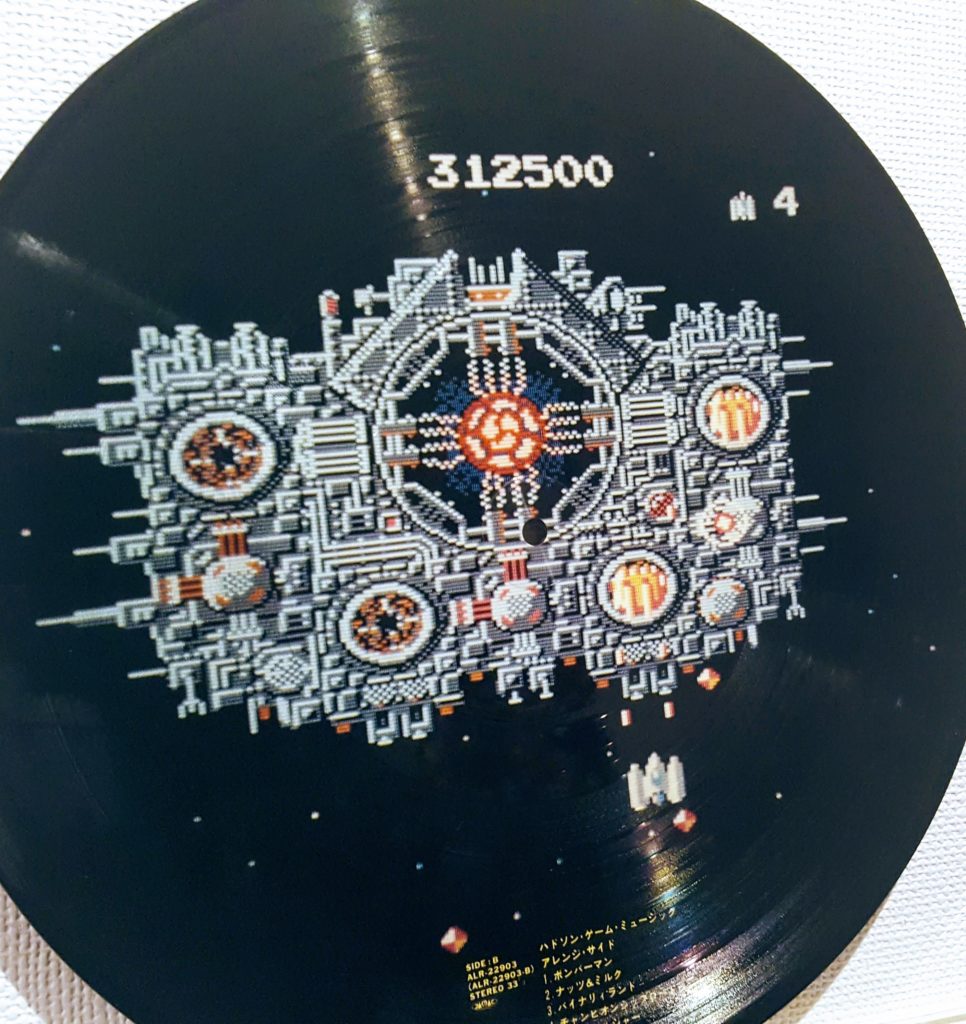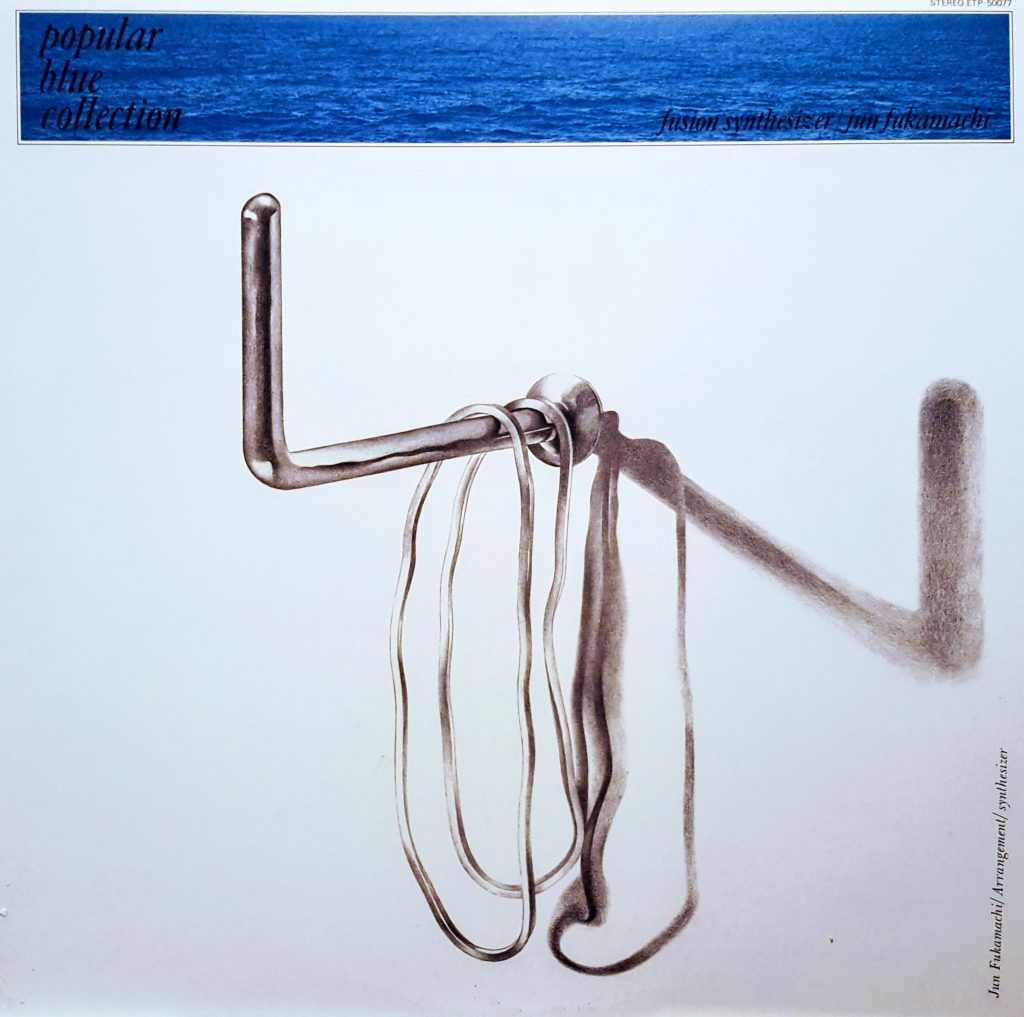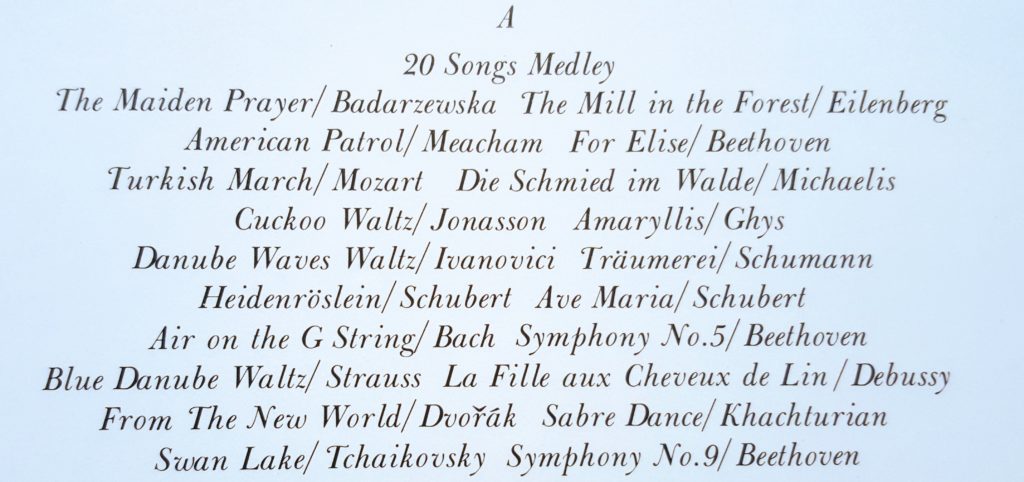A few year back I first heard the term “synthwave” and kind of scoffed at it. Seemed to me like another made-up genre like “Nu-Rave” and “grindie.” But it stuck around long enough and I begrudgingly accept it now. Shit, even a few of my favorite artists, such as Survive and Power Glove, fall under the synthwave banner. But as much as I love synthwave, its omnipresent feeling of never-ending foreboding can be just a bit much at times. Like, I get it guys, you all like John Carpenter and Blade Runner. Would it kill you to give your songs more of an upbeat vibe just once in a while?
All of these bands are on iTunes. They’re easy to find and at affordable prices, so I won’t share them here. Instead I’m going to share an album that also gives me similar vibes, times a million.
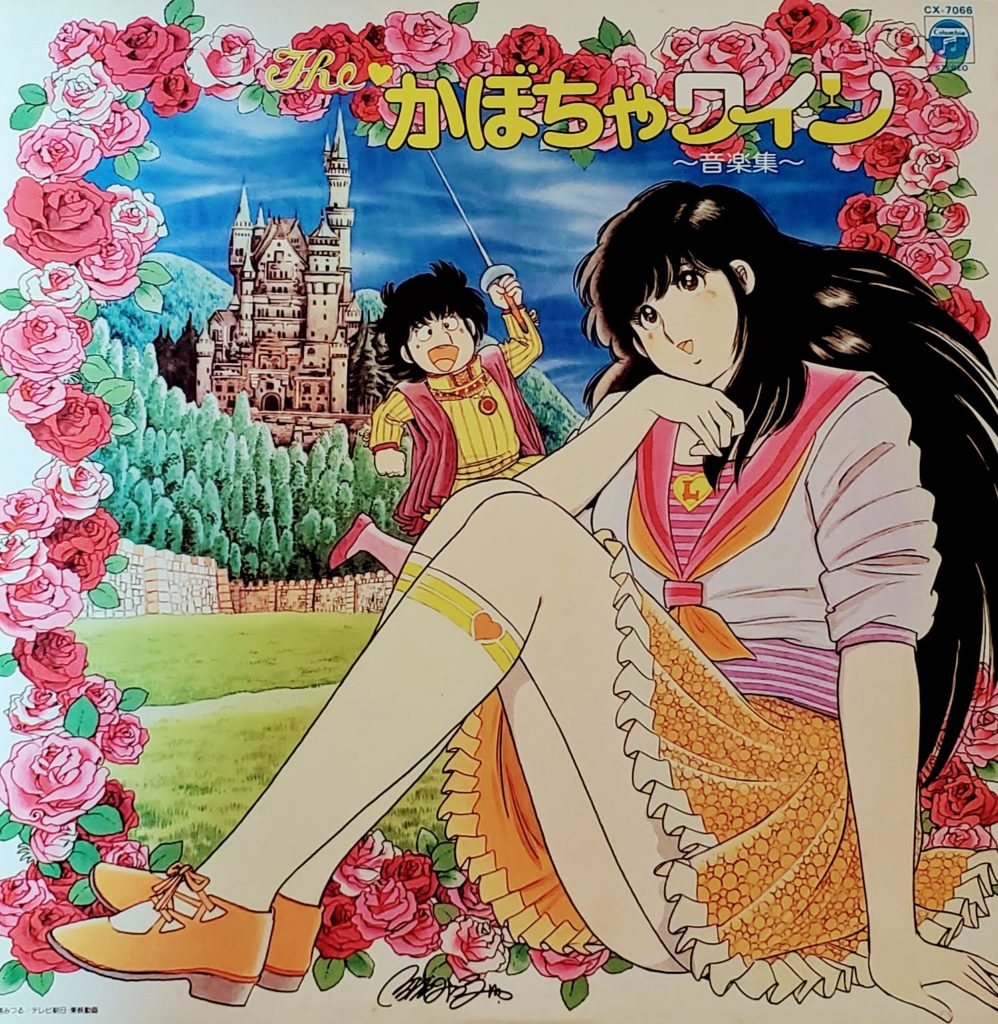
Osamu Shoji
The Pumpkin Wine (complete album download)
The Pumpkin Wine was a manga from the early 80s that got turned into an anime series in 1982, followed by an animated movie in 1984 and a live-action movie in 2007. This is the soundtrack to the manga I believe. That was actually a fairly common thing in Japan in the 80s. They gave manga their own soundtracks. I guess you were supposed to read the manga while listening to the LP.
Of course, I could be entirely wrong as it should be said that I know squat about The Pumpkin Wine in either anime or manga form. I bought this solely for the composer, the legendary Osamu Shoji. He sadly passed away this year, and I long for the day when his robust, eclectic and downright bizarre discography is rightfully rediscovered. He’s mostly known for his score to Wicked City, but I feel that this soundtrack is more indicative of his greater body of work; what I mean is, it’s goofy as hell.
One of the best things about Osamu Shoji was that he wasn’t afraid to go all out with his synthesizers and really try all the sounds they could produce. You don’t just hear the basic synth strings and drum beats on an Osamu Shoji piece, you get weird electronic bongos, non-stop slap bass effects, faux guitar, artificial bells, the works. This album has a track with not one, but two short synth-bongo drum solos. That’s the kind of idiosyncratic delights that Osamu Shoji specialized in.
The result is music that is cheery and upbeat. Sparkly and breezy. It’s not City Pop, it’s not jazzy enough for that, but it’s definitely a close cousin. This is music for a Sunday drive by the beach, or a stroll through an exceptionally charming neighborhood. It’s what you hear when you roll up to a town in an RPG. I get that the tones and textures used by Shoji may not be for everyone, especially those whose only exposure to synthesizer music is grimdark synthwave, but for me it’s a refreshing breath of fresh digital air. Music can be an escape sometimes. I don’t always need to be reminded that the world is a dark and scary place. Sometimes I want to be reminded that it can still, just sometimes, be a fun and happy place. Music like this does that for me. Maybe it’ll do it for you too.


